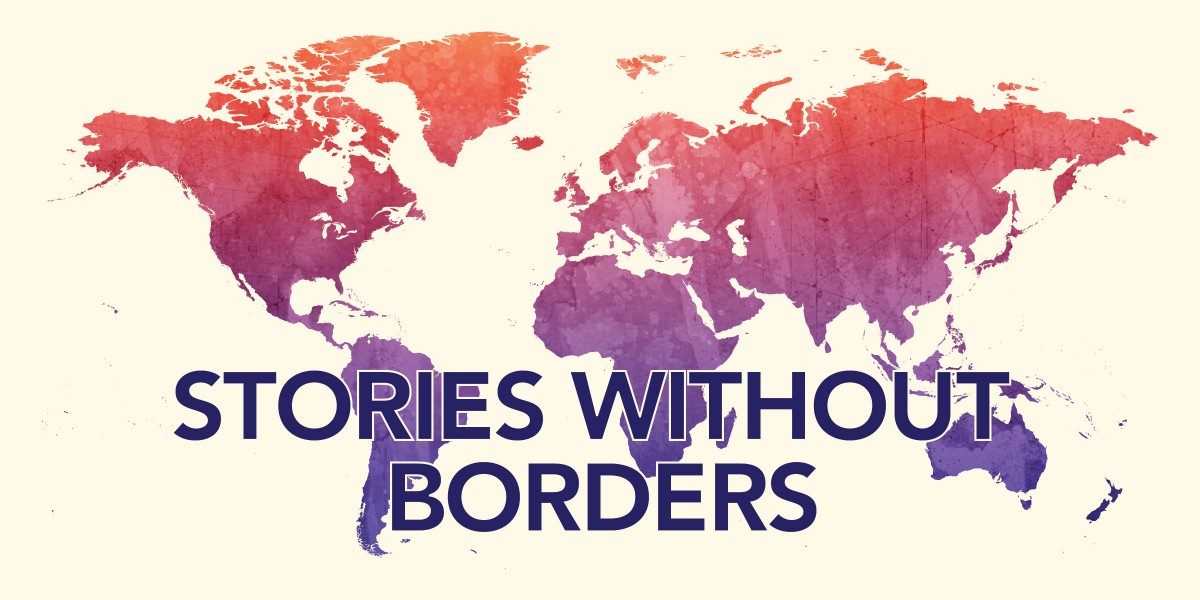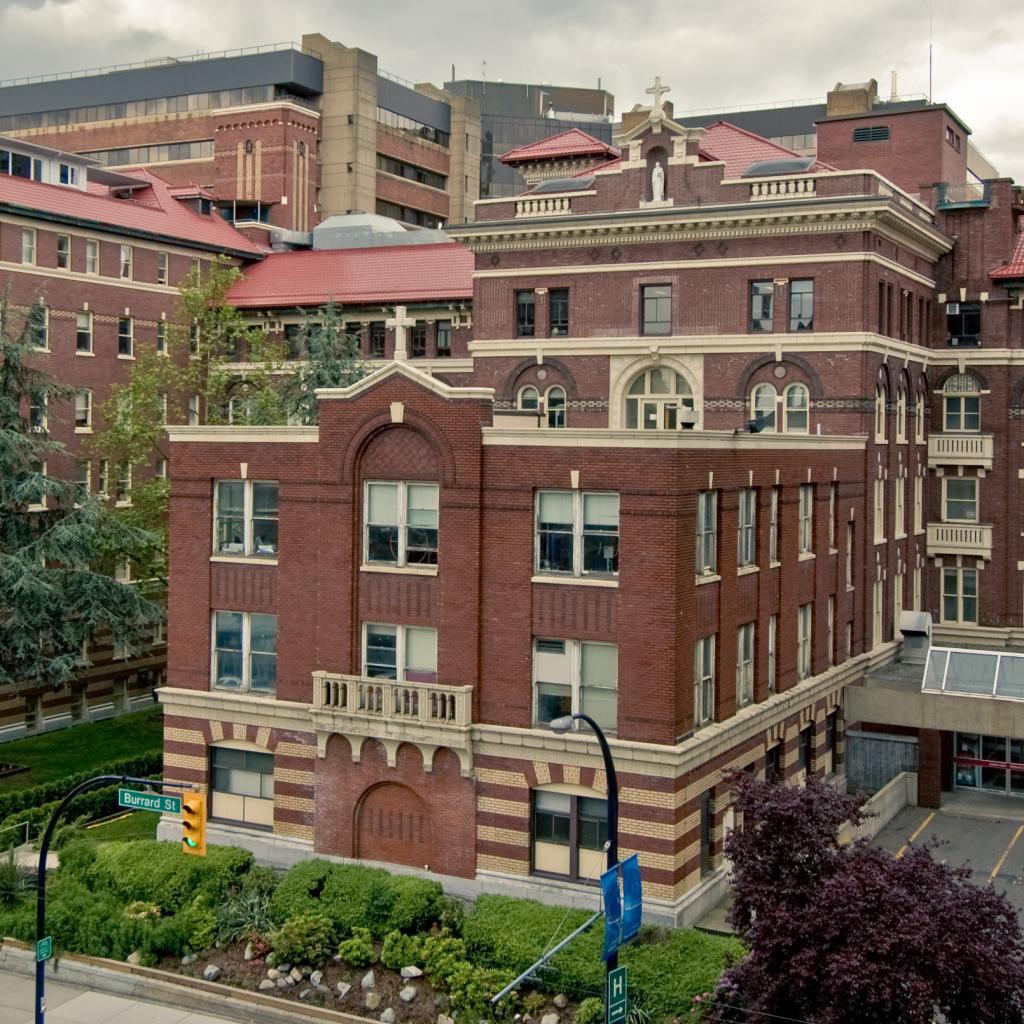In collaboration with the World University Service of Canada (WUSC), the Martlet presents Stories Without Borders, a feature telling the stories of students who have come to UVic through the Student Refugee Program (SRP). By sharing the stories of these students, we hope to dispel myths about newcomers and the newcomer experience. In the interest of protecting these students and their families, the students’ names have been changed.
This interview has been edited and condensed.
Could you introduce yourself?
From which perspective? Because actually, I don’t know. [Laughs] I have gone through a lot. Before, in the past, I had this really specific identity. I could tell people who I am. But now? No. I’m just a little boy.
What is your country of origin?
I’m from Syria, the most popular [source of] refugees around the world now.
How would you respond to any misunderstandings or misconceptions about your country of origin?
I would feel very bad at the beginning. And I might be angry, but I will not show that. Depending on the person, if he looks like he’s making assumptions or generalizations or racism, I might be hard [on him]. But I will not be happy. I understand that media cover what they want to cover . . . but I can’t blame anybody. I will try to fix [those misconceptions]. Because I’m getting involved a lot with what happened back home. So I will try to explain it and make it clear, because I don’t benefit from fighting with any side, so I really care. I don’t care about the state. I care about people. And because they are my people, and I grew up there, I understand why they are acting like that. They might do a lot of mistakes, I know, but I understand why. And if we’re going to solve the problem, [we must] deal with reasons, not results.
What truths would you want the UVic student body to know about your country of origin?
Well, now, people are focusing on ISIS. And that’s what gets me mad. Nobody cares about anything else [other than] what’s [happened with ISIS and] why that happened. Well, there are no good people back there right now. But that does not mean [we should] forget the main reason of what happened there. Fifty years of dictatorship — it’s very easy to destroy not just the country or the buildings, but destroy the souls and values of the cities.
People over there, like people everywhere, deserve to live a good life: to have choices, have freedom, have work opportunities, good income, systems with no corruption. People take it for granted, but we were fighting to the death. And what do we get? More bombs, ISIS, and more international bombs. What happens in this world is the responsibility of everybody. All of us contribute to what happens, even if it’s good or bad. Humanity achieves a lot of good things, and that’s because of all of us. Nobody is smarter than anybody else. Everybody plays his role. When ameliorable things happen, it’s our garbage. All of ours. And we should try to clean it.
What are two positive experiences you’ve had in coming to UVic as a student?
A lot of good things happened in general. The main one is that I’m catching up with my dream. I want to be an engineer again, [and] I get to go into the mechanical engineering department. So next semester, I will be an engineering student. That’s the most exciting thing that’s happened to me until now.
WUSC is a very important thing that happened to me [as well]. The community, the experience, and the volunteering opportunities that I have here helped me a lot to get my job over the summer. And it provides me with very lovely community around me. I [also] play soccer a lot at UVic — I like it a lot, I enjoy it.
For more Stories Without Borders, read part one, part two, and part four.







